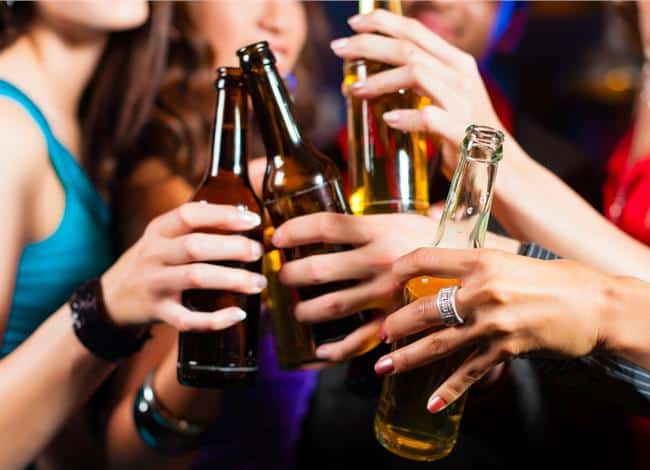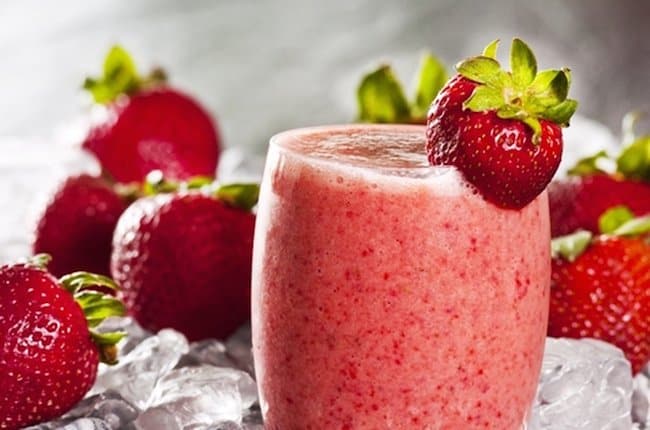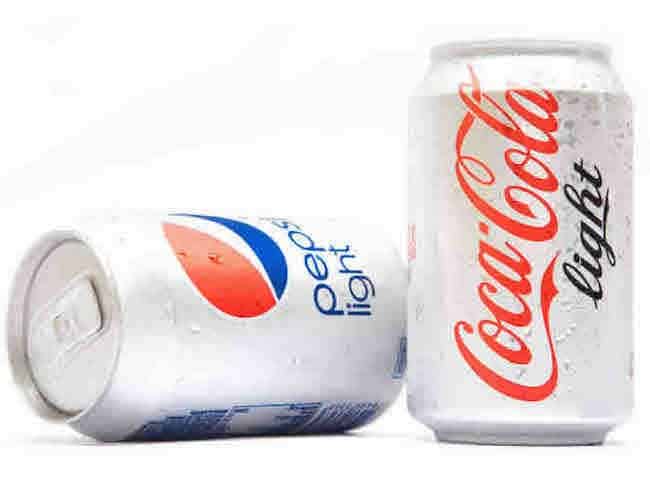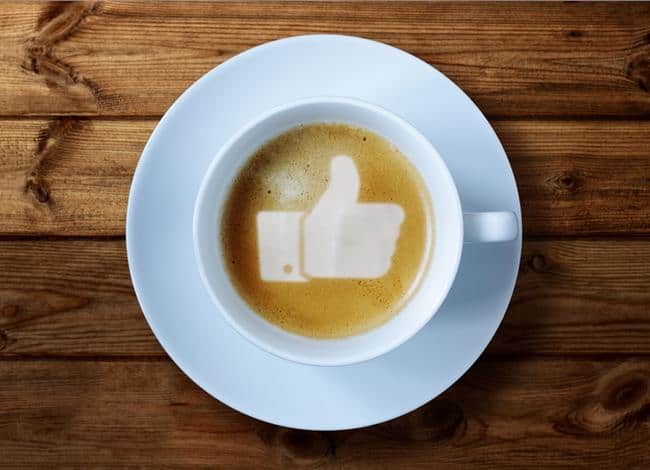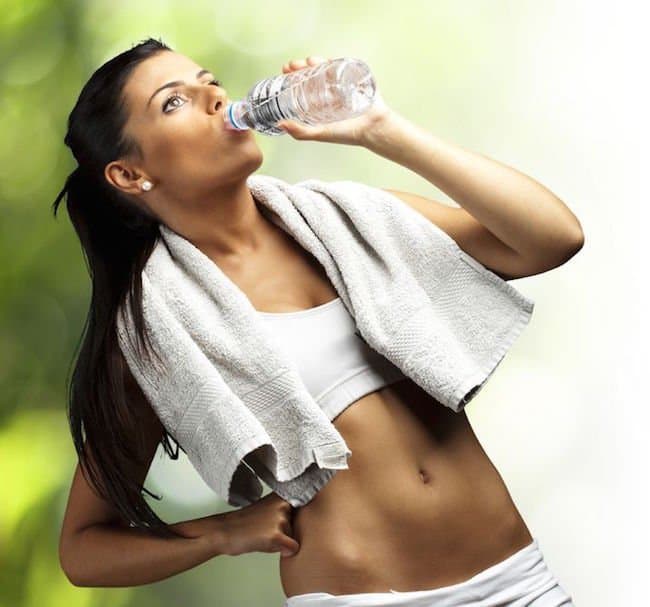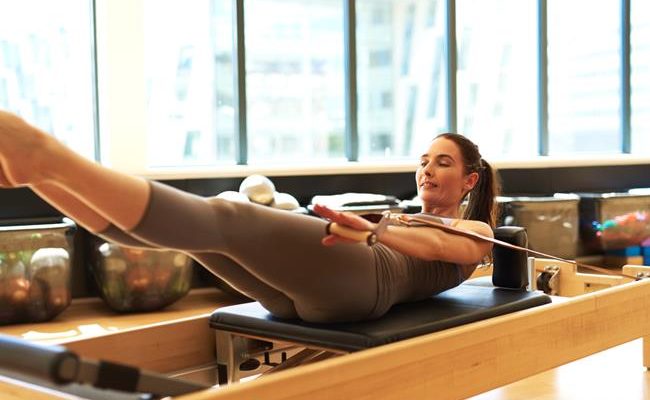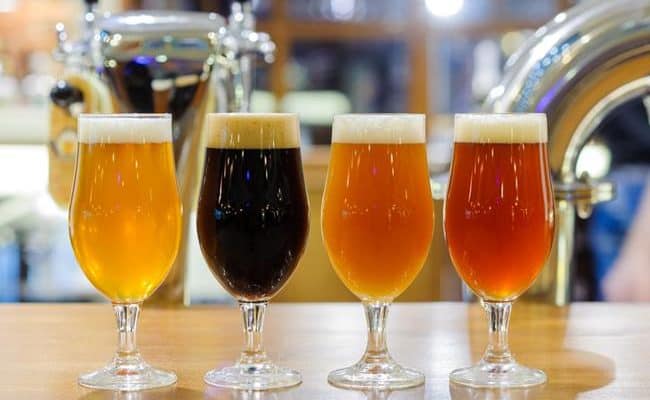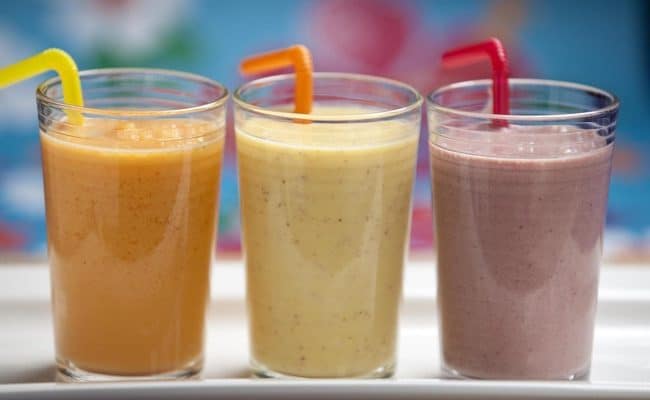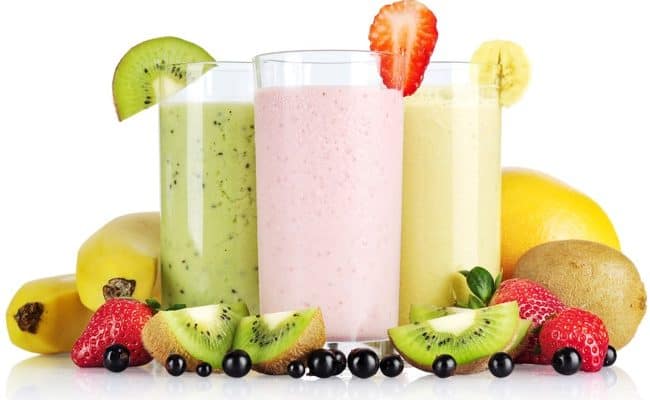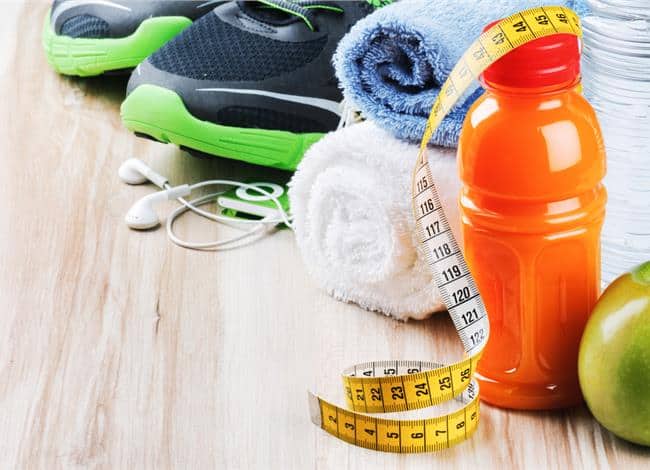
What you eat before and after a workout can influence how you feel during a workout, muscle recovery, muscle growth and restoring muscle glycogen stores after exercise. In general, the more strenuous exercise and/or longer time warrants more emphasis on refuelling after exercise for the benefit of your muscles.
Exercising for more than 2 hours can deplete energy stores in your muscles and may cause more muscle breakdown. Refueling with some form of carbohydrate and protein can help rebuild muscle stores.
On the other hand, if you exercise about an hour or less, it may be easy to drink in more calories than you worked off in exercise.
We tend to over estimate how many calories we burn during exercise, and drinking some smoothies or coffee inspired drinks could actually give us more calories than what was burned during exercise.
So, if you’re not careful, you could negate your workout with what you drink afterwards.
Hydrating before, during and after exercise is very important. Even slight dehydration can impact exercise performance.
Depending on the intensity of your workout and how much you sweat, you may also need to replenish electrolytes with fluids.
If you have questions about adequate hydration, electrolytes and what would best benefit you after your workout, speak with a sports dietitian.
Alcohol
Drinking alcohol after exercise can interfere with repairing muscle. It can interfere with the absorption of carbohydrate and protein which are needed for the muscles to rebuild after exercise.
A 2014 study (1) found alcohol after exercise lowered the rate of protein synthesis after exercise. This means drinking alcohol after exercise, especially strenuous exercise, can delay the repairing of the muscles.
This could translate into feeling sorer afterwards and delaying muscle strength gains.
Avoid drinking alcohol after exercise, especially high amounts of alcohol. Some studies (2) suggest low levels of alcohol won’t interfere with rebuilding muscle after exercise, but more research is needed.
Beware of smoothies
Smoothies sound healthy; in theory they should be a source of fruit and sometimes even vegetables or protein depending on what is added.
Making real fruit smoothies at home can be a healthy way to get some carbohydrates, antioxidants, vitamins, minerals and optional protein.
However, when you order a smoothie outside your home, it could be really high in sugar, low in real fruit and give you more calories than you thought.
Some smoothies can easily provide over 500 calories and provide more sugar than a can of soda.
If smoothies are made with fruit juice, you aren’t getting the beneficial fiber from fruit. Getting carbohydrates after exercise can be helpful for restoring muscle glycogen, but drinking a large, high calorie smoothie will provide much more than needed energy.
If you want a smoothie after exercise, use real fruit and add some source of protein as well. When ordering a smoothie outside, choose the smallest size instead of a medium or large to keep the excess calorie content down.
Sweet caffeinated drinks
Unfortunately, sweet caffeinated drinks can be the same story as smoothies. These drinks are notorious for being very high in sugar and calories.
Drinking some sweet caffeinated drinks could give you more calories than you burned off during exercise!
Drinking coffee after exercise could provide some benefit (see below), but adding in all the extra sugar can provide more carbohydrates than your body needs to rebuild muscle stores.
Opting for a plain latte and adding a touch of sweetener yourself can save you the extra calories while giving you some carbs and protein (from dairy options) after exercise.
Coffee: benefits before and after a workout
Research studies suggest several benefits for drinking coffee before a workout.
It may help lower post exercise muscle pain (3), help you push harder through a workout and may even help you not eat as much later in the day (4).
Of course you should drink more than just a cup of coffee to hydrate your body before exercise, but drinking a cup (or maybe even two) of coffee before a workout may add some benefit.
What about after a workout? Does drinking coffee offer any benefit or is it damaging?
A 2008 press release from The American Physiological Society (5) suggests getting caffeine with carbohydrates after exercise may help stimulate muscle glycogen resynthesis better than just getting carbohydrates alone.
Athletes who ingested caffeine with carbohydrates after an intense exercise bout that was muscle glycogen depleting had 66% more muscle glycogen 4 hours later compared to athletes who only had carbohydrates after exercise.
This study used a high amount of caffeine, about the equivalent of 5-6 cups of coffee. More research is needed for lower doses of caffeine.
There is also high individual variability for responses to caffeine; some people have negative side effects with caffeine intake.
If you are interested in drinking caffeine before or after a workout, start out with low doses and experiment before any athletic competition.
Conclusion: What you should drink after a workout
Drinking water before, during and after exercise may be the best drink to reach for around a workout.
Exercising without proper fluid intake could cause mild dehydration. Whatever else you decide to eat or drink after a workout, also be sure to drink water.
If you sweat a lot during exercise and/or exercise for a long duration, you may need to replenish electrolytes along with fluids.
Most sports drinks provide electrolytes (i.e. potassium and sodium) along with carbohydrate source.
Coconut water and eating real foods can also provide electrolytes after exercise.
Avoid drinking alcohol after exercise, especially in large doses. If you are going to drink alcohol afterwards, wait a few hours before drinking alcohol and keep serving to moderate level.
Drinking caffeine before or after exercise could offer some benefits, but there is a wide individual tolerance.
If you do want coffee after a workout, avoid drinking high calorie, sweetened drinks. They can often provide more calories than you burned off in your workout session.
